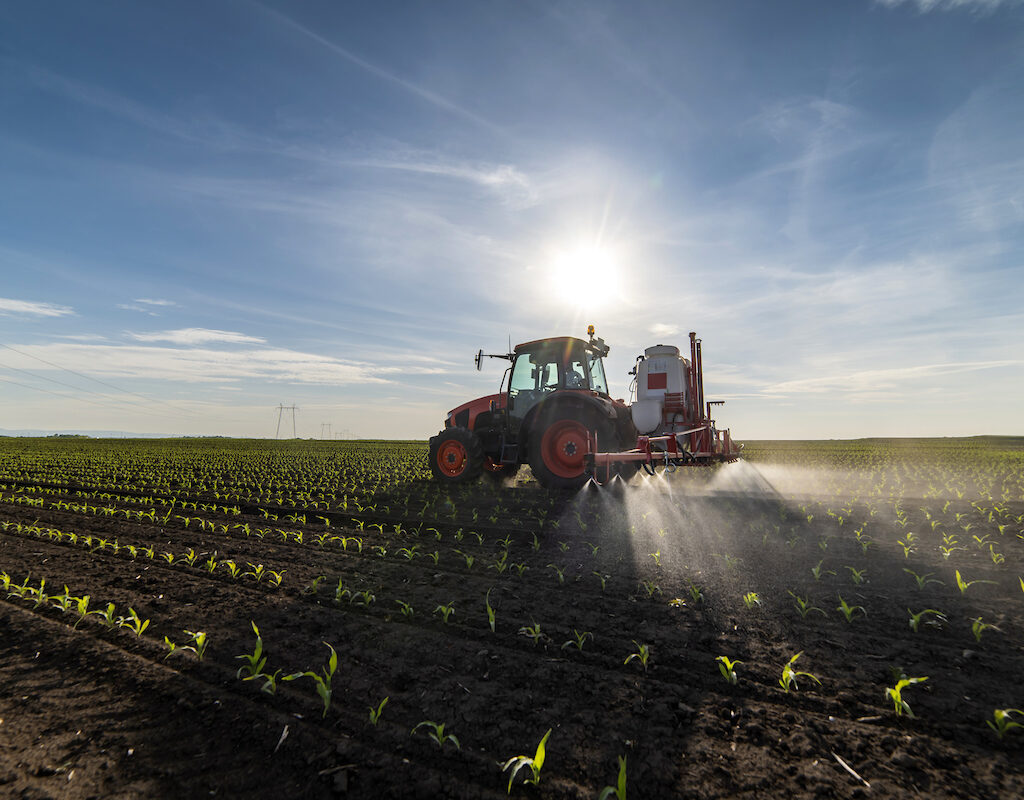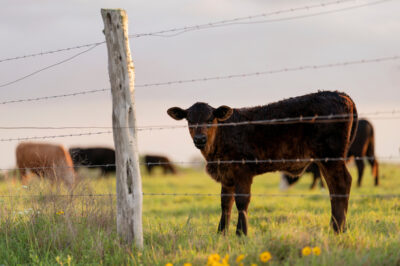Agricultural and Environmental Safety
- Type
- Program

Overview
Contact
College Station, TX 77843
Mon-Fri 8:00 a.m. – 5:00 p.m.
In Texas, this responsibility falls to the Agricultural and Environmental Safety (AES) Unit. The purpose of pesticide applicator certification requirements and minimum standards is to ensure that restricted pesticides are available to those who protect food, forage, structures, health, water, rights-of-way, and landscapes while preventing unreasonable harm to human health and the environment. By developing resources and offering training events for certified applicators, Pesticide Safety Education Programs (PSEPs) make available important pest-management tools for agricultural, urban, and other business enterprises.
The AES Unit endeavors to accomplish this federal mandate through working with applicators who make applications of pesticides for a variety of purposes, such as for agricultural or forest production; in nurseries and greenhouses; along highways and railroad tracks; in and around water; for public health pest control (e.g., West Nile Virus); on golf courses and in parks; to treat seeds, wood, and poles; and to treat homes, businesses, schools, restaurants, and hospitals. This undertaking involves the network of County Extension Agents statewide as well as the close cooperation with the Texas Department of Agriculture. The AgriLife PSEP develops and revises training manuals for the state’s certification categories and offers in-person as well as online classes. To remain certified, applicators must recertify by examination and/or continuing education. PSEPs are a principal provider of recertification training by offering training events, developing curricula for others to deliver, and serving as speakers for training sessions offered by other organizations.
Pesticides are important tools in integrated insect, weed, plant disease, and wildlife management; PSEP efforts through the AES Unit provide for the judicious, proper use of pesticides as integrated pest management tools; thus, benefiting everyone directly or indirectly. The federally designated Pesticide Safety Education Program in Texas directly supports 62,319 pesticide applicators in Texas, with a salary and time value of $1 billion.
More choices in Ag Law, Taxes & Insurance
The Texas Ag Law Blog’s goal is to keep you up to date on various legal issues impacting Texas agriculture.

- Program
The Master Marketer program is a 64-hour intensive marketing education course during which agricultural producers, ag lenders, and others are trained in marketing techniques, marketing plans, technical analysis, futures and options, and many other marketing related skills.
- Program
The Agricultural and Food Policy Center (AFPC) conducts analyses of the impacts of government policy proposals and/or implementation procedures on farmers, agribusinesses, taxpayers, and consumers.
- Podcast
Agricultural Policy Specialist Dr. Joe Outlaw and colleagues from the Agricultural and Food Policy Center provide periodic updates on current agricultural policy issues.

- Tools and Apps
Texas A&M University’s Agricultural and Food Policy Center located within the Department of Agricultural Economics and the Food and Agricultural Policy Research Institute (FAPRI) at the University of Missouri teamed up to develop the tool. The tool provides information about: the decisions each producer and/or landowner must make when the different sign-up windows are for […]
- Program
The Bennett Land Stewardship program funds conferences about land management in the Edwards Plateau, covering issues such as brush control, water management and estate planning.


